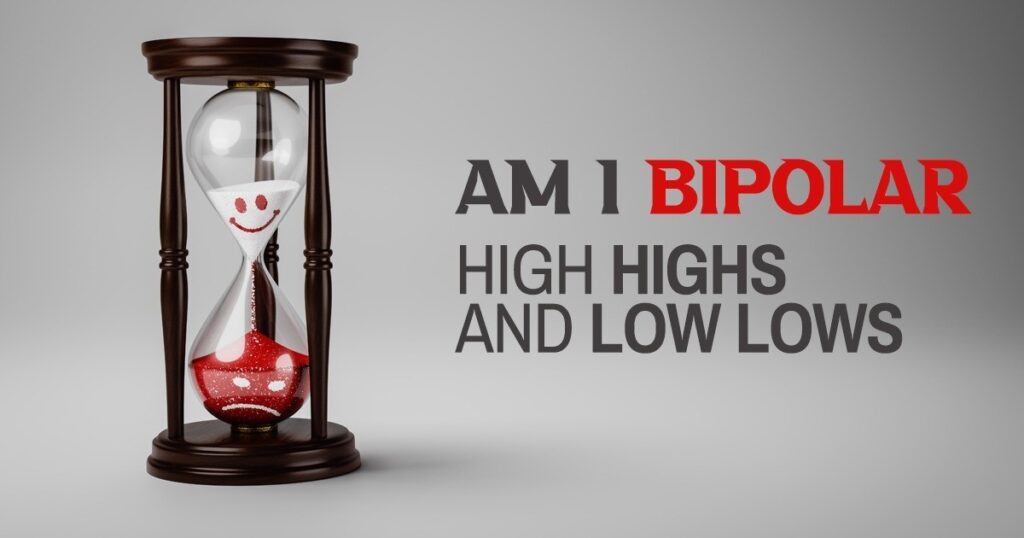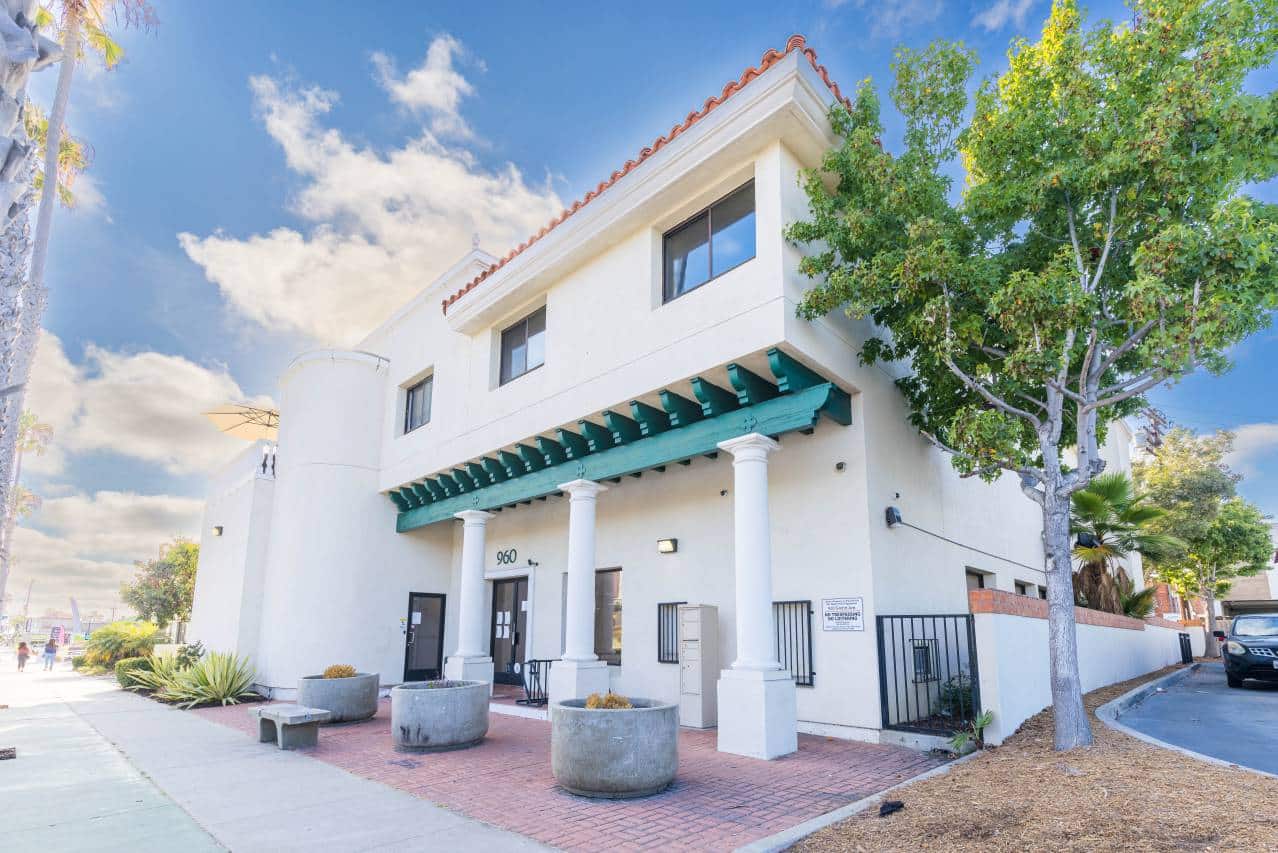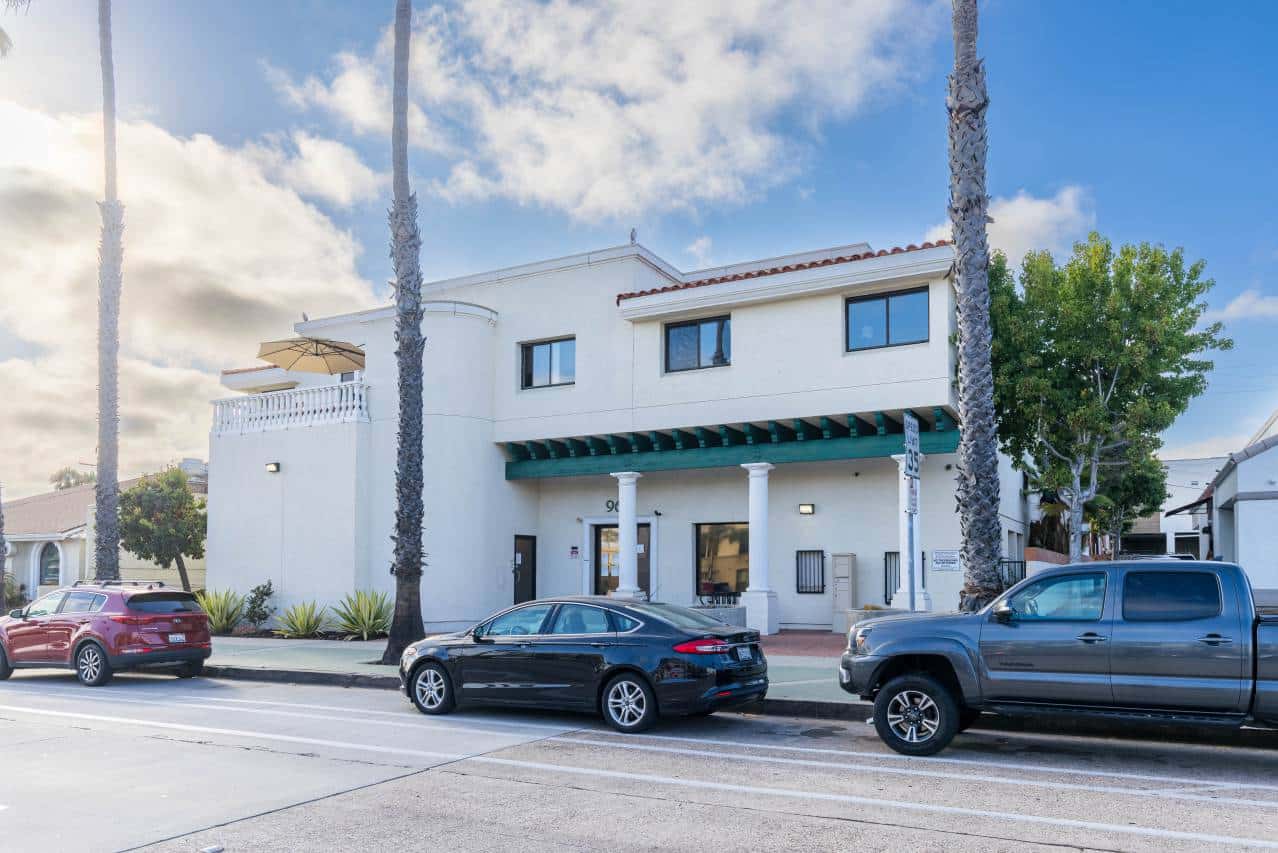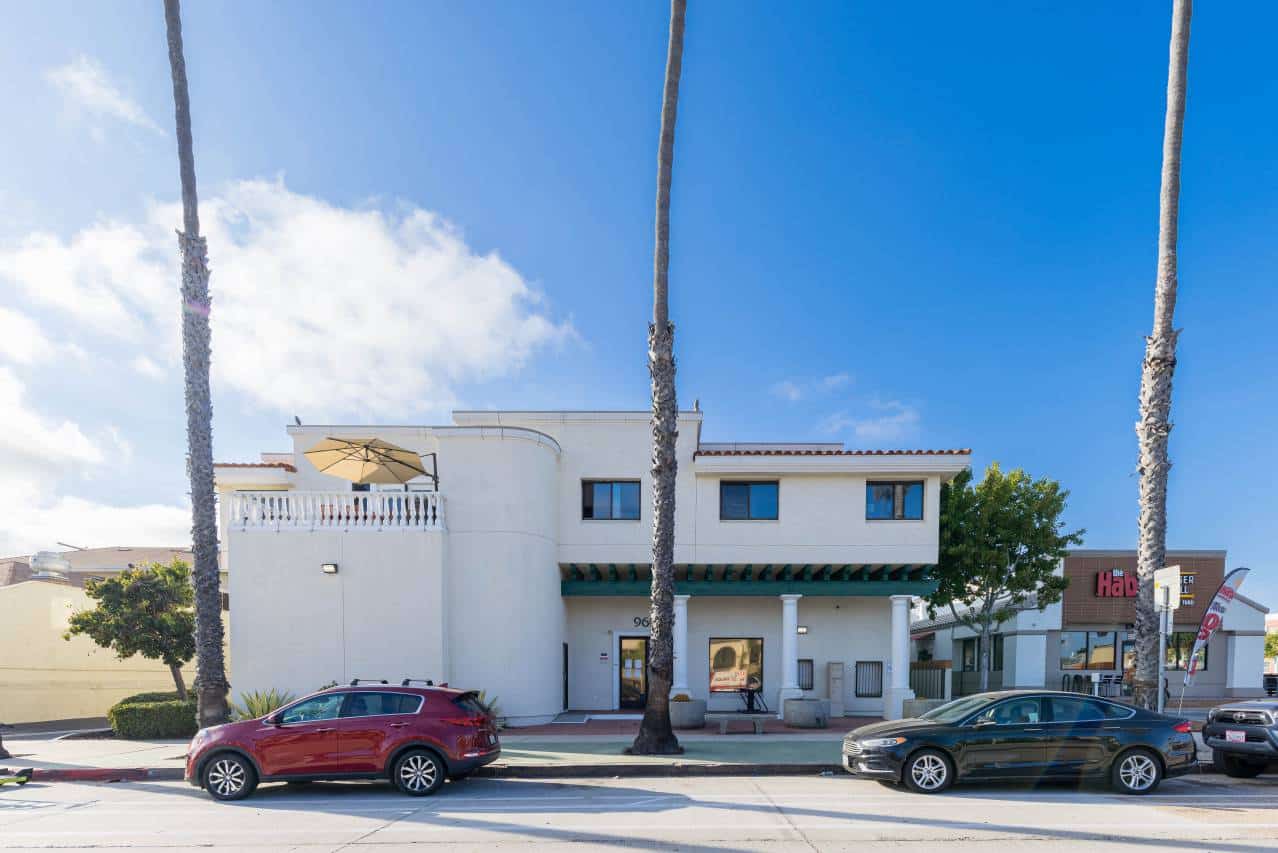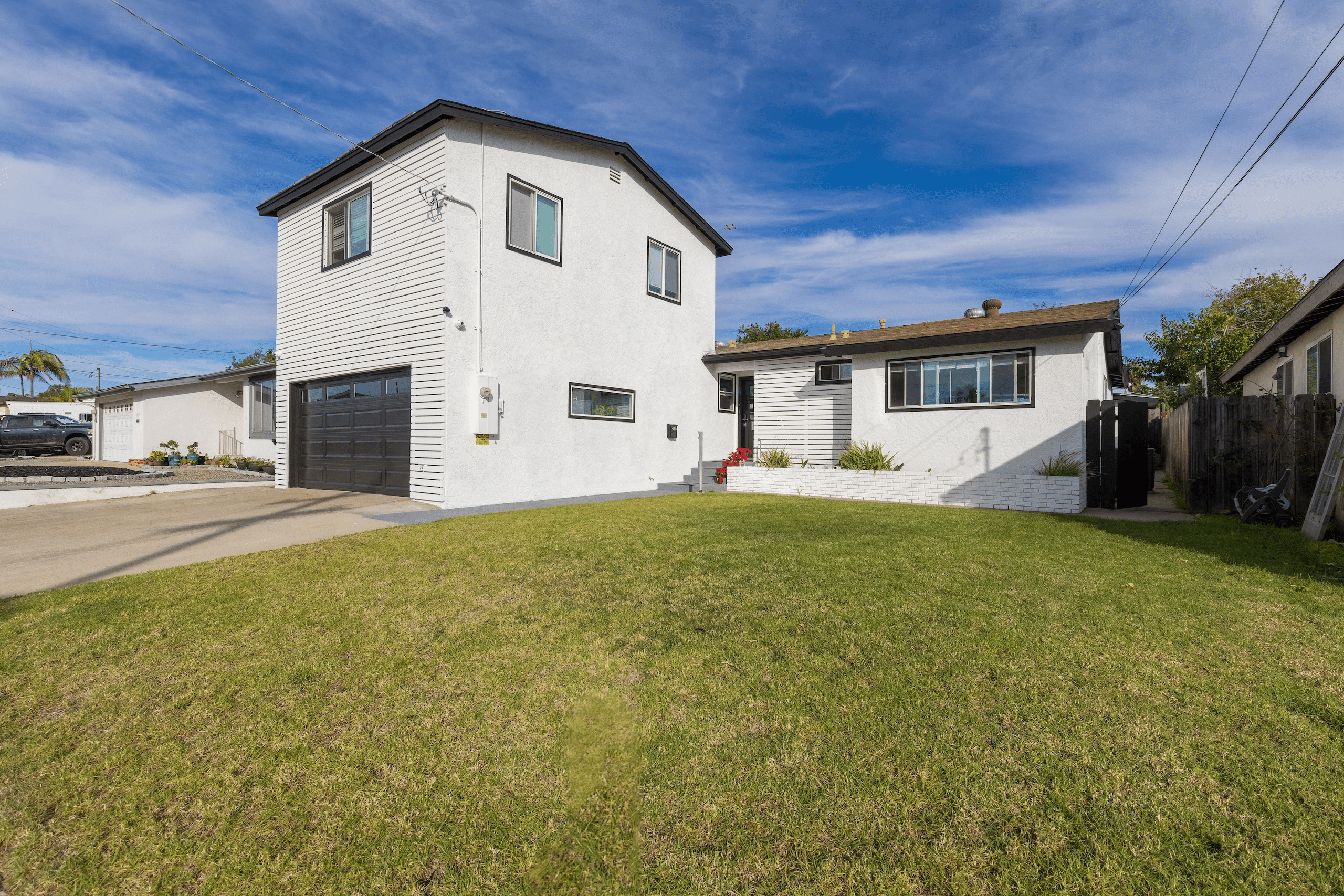If you’ve ever asked yourself, “Am I bipolar?”
It may be due to things you’ve experienced yourself or because of something other people have observed about you.
According to the National Institute of Mental Health (NIMH), Bipolar disorder (BPD), or manic depression, is a severe mental health condition characterized by extreme changes in mood, including periods of emotional highs and lows.
An Overview of Bipolar Disorder
The disorder is relatively common, with more than five million people estimated to be living in the U.S. with some form of bipolar disorder.
While scientists and researchers can’t pinpoint one factor that determines whether or not someone will have this disorder, they do believe some factors may play a role, including:
- The brain’s structure and how the brain functions: Some studies show that the brains of people with bipolar have differences compared to the brains of people who don’t have it. For example, there may be differences in bipolar neuron function, unipolar neurons, sensory neurons, or other areas of functionality in the brain.
- Genetics: There are specific genetic components that could increase someone’s risk of having bipolar disorder, and having a close family member such as a parent or sibling with bipolar may increase someone’s likelihood as well.
- Environment: Trauma or significant life changes can trigger bipolar. For example, the loss of someone you care about can induce a depressive or manic episode. Drug abuse is also thought to increase the likelihood of bipolar. Around 60% of people with bipolar disorder are dependent on alcohol or drugs.
Mental Health Center of San Diego
Am I Bipolar? The Signs and Symptoms
The general symptoms of Bipolar Disorder include periods of extreme emotion, and during that time, there may be changes in behavior, sleeping, and overall activity.
Some mood episodes may last for several days or weeks, while other times, these episodes can be shorter.
During a manic episode, you might experience:
- Feeling elated or even high
- Feeling jumpy
- Decreased need for sleep
- Loss of appetite
- Talking very fast
- Talking about different things all at once
- Racing thoughts
- Mood Swings
- Risky behaviors
- Poor judgment
- Feeling especially powerful, talented, or important
During a depressive episode, side effects can include:
- Feeling worried, sad, hopeless, or generally down
- Restlessness
- A sense of slowness
- Problems falling asleep
- Sleeping too much
- Weight gain
- Increased appetite
- Talking slowly
- Forgetfulness
- Difficulties making decisions or concentrating
- Not able to do simple daily tasks
- Lack of interest
- Decreased sex drive
- Inability to feel pleasure
- Feeling worthless
- Thoughts of suicide or death
Types of Bipolar Disorder
People with bipolar disorder experience episodes of manic behavior followed by extreme lows. Some cases experience more bouts of depression that last for weeks, while others have manic episodes that last days.
Bipolar I Disorder
For a bipolar 1 diagnosis, a person must have experienced at least one manic episode in a person’s lifetime. It’s mostly followed by manic depressive episodes, which is where the term “manic depression” comes from.
When not fluctuating between episodes, a person with bipolar 1 disorder can function normally. But family and friends can typically distinguish when they experience an episode.
Symptoms of a manic episode:
- Unable to maintain a single train of thought
- Talking very fast and loud
- Seemingly unlimited energy and not needing sleep
- Inflated ego and self-image
- Impulsive buying and spending
- Hyper-sexuality
- Substance abuse
A person who experienced a manic episode may enjoy it because they may be more productive and social and energetic. But, the results of a manic episode can often be disastrous.
A deep depression typically follows a manic episode along with professional and personal repercussions. Sometimes a person requires hospitalization because of a manic episode. They may lose touch with reality and need professional assistance to keep from hurting themselves or others.
Bipolar II Disorder
Contrary to popular belief, a person does not have to experience the extremes of a manic episode to have bipolar disorder. A bipolar II diagnosis requires at least one hypomanic episode and major depressive episodes.
Hypomanic episodes have the same symptoms of a manic episode but to a less extreme degree. People with bipolar II experience long episodes of major depression, which can be debilitating.
Symptoms of a major depressive episode:
- Feeling sad or hopeless
- Irritability (especially in teens)
- Either excessive sleeping or insomnia
- Extreme weight fluctuation (either weight loss or weight gain)
- Restlessness
- Loss of energy and fatigue
- Trouble concentrating
- Feeling worthless or needlessly guilty
- Contemplating or thinking about suicide
It’s important to note that bipolar II is not a less severe version of bipolar I, but rather a completely separate diagnosis. People with bipolar I have manic episodes and periods of depression. People with bipolar II have extended periods of major depression and hypomanic episodes.
Cyclothymic Disorder
Cyclothymic disorder is a rare disorder that causes major mood fluctuations similar to bipolar but not as extreme. People with cyclothymic disorder have emotional highs or hypomanic episodes.
They also experience lows, similar to those in bipolar, but not as extreme. Instead of major depressive episodes, they experience periods of depression-like symptoms. Even though it’s less extreme of a disorder, it is still a serious one that has negative effects on a person’s life and wellbeing if gone untreated.
Mental Health Center of San Diego
Other Types
Drug and alcohol abuse often leads to symptoms that mirror a bipolar disorder. Some illnesses and medications also affect a person’s personality. Stopping drug use or changing medication can alleviate those side effects.
Triggers
With this type of mood disorder, there are specific triggers that you feel could worsen the symptoms for you.
Triggers can cause mania or depression to appear for the first time or make existing symptoms worse.
There doesn’t have to be a trigger for a manic episode, but it is a common occurrence.
Some of the triggers include:
- Stressful life events, whether good or bad
- Substance abuse can worsen symptoms of bipolar or trigger an episode
- Medications such as antidepressants can trigger mania, as can over-the-counter cold medicine and corticosteroids
- Changes in seasons
- Sleep deprivation
Treatment of Bipolar Disorder
Options for treating mania primarily depend on how severe the symptoms are and how they affect functionality in day-to-day life.
Treatments include medications and counseling for symptom control, such as mood stabilizers.
Therapy might also integrate lifestyle changes and support groups.
Medications for Bipolar Disorders
One of the most commonly used types of medication for bipolar disorder is mood stabilizers. Mood stabilizers include lithium, valproic acid, and divalproex sodium. These can help control manic or hypomanic periods.
Along with mood stabilizers, antipsychotics are another class of drug that may treat symptoms of bipolar disorder if other medicines didn’t work. Doctors might use a mood stabilizer along with an antipsychotic too.
Antidepressants can trigger mania but may be used to help with depression in bipolar disorder, mainly when they’re prescribed with an antipsychotic or mood stabilizer.
It can take time to find the right medicine or combination of medications – a doctor will usually only make one change at a time until they get it right.
Psychotherapy
Along with mood stabilizers and other medicines, long-term psychotherapy can be a critical part of treating bipolar disorder.
There are different types of therapy, such as cognitive-behavioral therapy (CBT). In CBT, you identify your negative beliefs and behaviors and then replace them with something positive. During CBT, you might learn what triggers your bipolar and learn strategies to manage stress and cope.
Mental Health Center of San Diego
Final Thoughts
The best step you can take to determine “am I bipolar?” is to talk to your doctor.
There are many great ways to manage the symptoms of bipolar disorder if that’s your ultimate diagnosis.
If you are looking for a doctor to talk to our team, the Mental Health Centers of San Diego has access to all of the professionals you need to get a diagnosis and treatment of any mental disorders, including bipolar.





